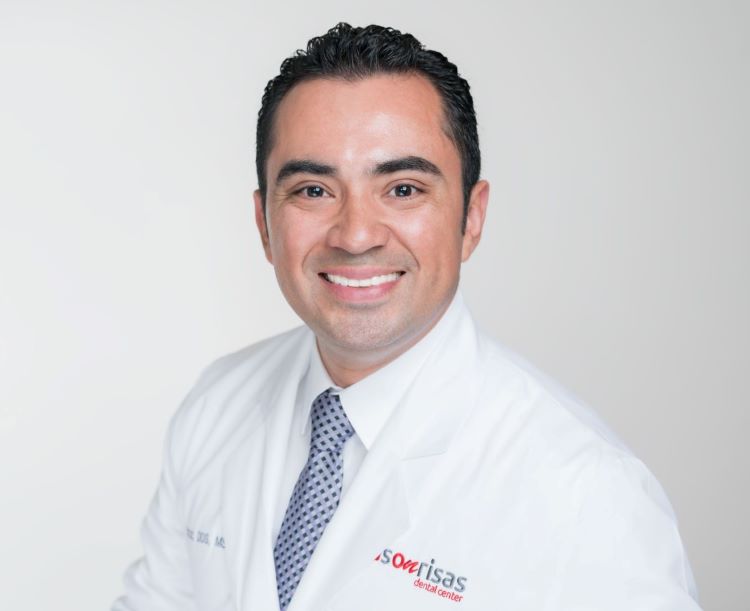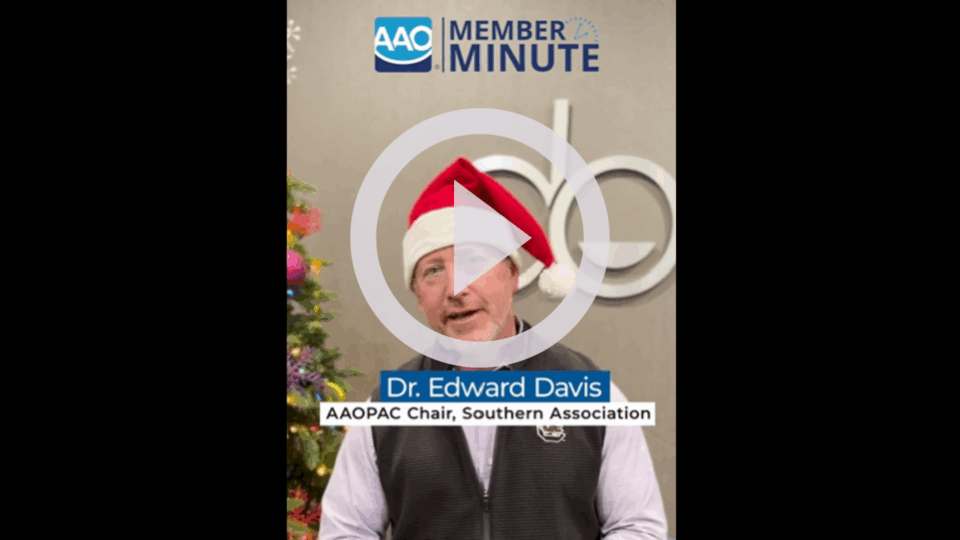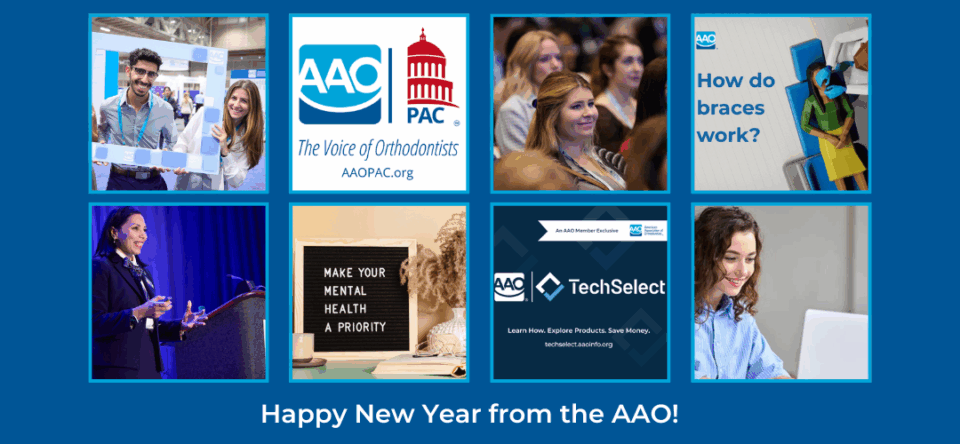Growing up in Mexico, Dr. Enrique Cruz was aware of the large-scale need for dental healthcare in Mexico and across the border in the United States. Aspiring to be part of the solution, he graduated from dental school at the Universidad Nacional Autónoma de Mexico and continued with training in oral and maxillofacial surgery in Mexico City.
“I realized that multiple dental specialties were often needed for the complete process of achieving good oral health, a beautiful smile and a well-functioning bite,” says Dr. Cruz. “My hope was to someday have a multi-specialty practice that could address these needs, helping patients overcome oral health struggles and creating beautiful smiles.”
To achieve his goal, Dr. Cruz enrolled in a six-year training program at Indiana University that incorporated an orthodontic residency as well as certification in periodontics. As part of this program, he completed a master’s degree in dentistry and carried two minors, in oral pathology and life sciences.
“After graduation in 2012, I spent one year working for a corporate practice, but hoped to open a practice in the United States,” he says. “There were only a handful of states where I could work, though, including Illinois, Kentucky, California and Texas.”
Dr. Cruz had recently married his wife, Dr. Mahya Farnia, an orthodontist whom he met during his residency. The couple determined that the rapidly growing metropolitan area of Austin, Texas seemed to have great potential. In 2014, they opened Sonrisas Dental Center. They now have three offices and soon to open their fourth location in Austin and surrounding areas.
With Drs. Cruz and Farnia as partners, the practice has two additional orthodontists and a full-time prosthodontist.
“Being able to access multiple services in one place is comfortable and convenient for many patients,” says Dr. Cruz. “Patients enjoy the fact of coming to our office and being able to communicate to doctors in their native language and getting services in one place.”
As a part-time faculty member at the University of Texas Health Science Center at San Antonio’s Orthodontic Program, Dr. Cruz enjoys sharing with residents how patient management is approached in his practice and how patients appreciate the seamless access to specialized dental care that they need. Among patients responding positively to the multi-specialty care options are those who also need Spanish language-based services.
“Our first office was located in an area with a limited Hispanic population nearby,” says Dr. Cruz. “Early on, we had about 10 Hispanic patients. Within six to eight months, we were up to nearly 1,000. Word had spread that we could communicate with patients and parents in Spanish, a great need given that parents of children in treatment often speak little or no English. It is very rewarding to meet this need of patients and their families. We have had patients who have driven to see us from three, four or even more hours away – from Laredo, Houston, Corpus Christi, Indiana and areas of Alabama.”
In addition, Dr. Cruz saw the tremendous need for dental assistants who are bilingual to help the dental community across the state of Texas. He established the Sonrisas Training Center, where students receive instruction in dental assisting, with additional training in orthodontic assisting to begin this fall. Most of the center’s students are bilingual. The training center also provides clinically focused continuing education for dental professionals.
As his practice grew, Dr. Cruz became interested in giving back to the specialty by being active in leadership. He became a director of the Texas Association of Orthodontists and is now the TAO’s secretary-treasurer. He observed the TAO and the AAO’s long-term political advocacy for a teledentistry law in Texas that would help ensure patient safety by requiring an in-person examination prior to beginning orthodontic treatment. As a result, Dr. Cruz became increasingly interested in political advocacy.
“I attended the 2019 AAO Political Advocacy Conference in Washington, D.C., and enjoyed learning more about advocacy and speaking with legislators about issues of concern to the specialty,” says Dr. Cruz. “When I had the opportunity to join the AAO Council on Governmental Affairs (COGA) this past spring, I was happy to do so.”
“COGA does very interesting work in leading the advocacy process,” adds Dr. Cruz. “I am excited to become involved with those efforts because I feel passionate about helping the specialty reach its goals in the political arena.”
NOTE: The AAO is observing National Latino and Hispanic Heritage Month (September 15 – October 15) in part by spotlighting members from Latino/Hispanic backgrounds. From 2019 – 2021, AAO members identifying as Latino/Hispanic increased from 0.3% to 4.0% of U.S. and Canadian membership.
Many North American AAO members of all racial and ethic groups, of course, often treat patients from Spanish-speaking families. As a reminder, the AAO offers Spanish-language legal resources that are useful for U.S. practices, including the Informed Consent form, HIPAA Privacy Notice, medical and health history forms, and supplemental informed consent forms addressing specific needs.
Click here to access Spanish-language forms .
(Scroll down to Spanish Releases and Waivers. Log-in will be required to access these member-specific materials.)



